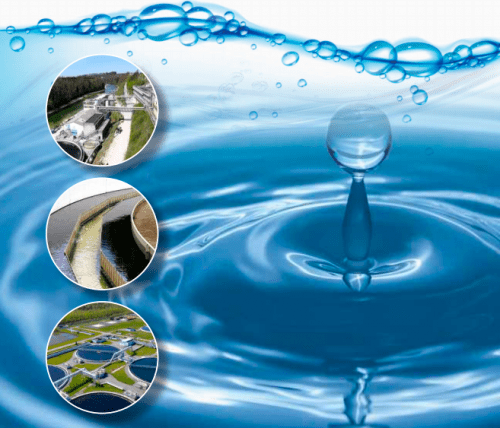
Program
Waste Water Remediation using Polymer Nanotechnology
Revolutionizing Environmental Sustainability with Polymer Nanotechnology
Skills you will gain:
About Program:
Aim:
Program Objectives:
What you will learn?
Module 1: Wastewater vs Clean water
Module 2: Nanotechnology for wastewater treatment
Module 3: Polymer Nanocomposites
Module 4: Design of a Prototype filtration system
Fee Plan
INR 1999 /- OR USD 50
Intended For :
- Educational Background: Applicants should generally have a bachelor’s degree in a relevant field such as environmental engineering, chemical engineering, materials science, chemistry, or a related discipline. Some programs may require specific coursework or a minimum GPA in relevant subjects.
- Prerequisite Knowledge: Applicants may need to demonstrate proficiency in foundational concepts in chemistry, physics, and engineering, as well as familiarity with principles of nanotechnology and environmental science.
- Language Proficiency: Proficiency in the language of instruction (usually English) may be required, especially for international applicants. Applicants may need to provide standardized test scores (e.g., TOEFL, IELTS) or demonstrate language proficiency through previous academic coursework.
- Letters of Recommendation: Some programs may require letters of recommendation from professors, employers, or professionals who can attest to the applicant’s academic abilities, research potential, and suitability for the program.
- Statement of Purpose: Applicants may be asked to submit a statement of purpose or personal statement outlining their academic background, research interests, career goals, and reasons for applying to the program.
- Resume/CV: Applicants may need to submit a resume or curriculum vitae (CV) detailing their educational background, work experience, research projects, publications, and any relevant achievements or awards.
- Interview: In some cases, applicants may be required to participate in an interview as part of the selection process. The interview may assess the applicant’s academic background, research interests, motivation, and suitability for the program.
- Diversity and Inclusion: Programs may value diversity and inclusion, considering factors such as demographic background, geographic location, and perspectives to foster a diverse and inclusive learning environment.
Career Supporting Skills
Analytical Skills Innovation and Creativity Adaptability
Program Outcomes
- Advanced Knowledge: Gain a comprehensive understanding of polymer nanotechnology principles and their applications in wastewater treatment, enhancing expertise in environmental engineering and materials science.
- Innovative Solutions: Develop novel polymer nanotechnology-based approaches for efficient removal of contaminants from wastewater, contributing to the development of sustainable and cost-effective treatment methods.
- Environmental Protection: Contribute to the preservation and restoration of natural ecosystems by mitigating water pollution and minimizing the impact of contaminants on aquatic habitats and biodiversity.
- Clean Water Access: Improve access to clean and safe drinking water for communities by implementing advanced polymer nanotechnology-based treatment systems that effectively remove pollutants and pathogens from wastewater.
- Public Health: Enhance public health outcomes by reducing the risk of waterborne diseases and exposure to harmful chemicals through the implementation of effective wastewater treatment technologies.
- Resource Conservation: Conserve water resources and promote water reuse and recycling initiatives by treating wastewater to a high standard using polymer nanotechnology-based processes, reducing the strain on freshwater sources.
- Technological Innovation: Foster innovation in the field of environmental engineering by developing and commercializing new materials, processes, and technologies for wastewater remediation based on polymer nanotechnology principles.
- Sustainable Development: Contribute to sustainable development goals by addressing water scarcity, pollution, and sanitation challenges through the application of advanced polymer nanotechnology solutions in wastewater treatment.
- Capacity Building: Build technical capacity and expertise within organizations, communities, and industries to implement and maintain polymer nanotechnology-based wastewater treatment systems effectively.
- Collaborative Partnerships: Foster collaboration between academia, industry, government agencies, and community stakeholders to address complex environmental challenges and leverage collective expertise and resources for effective solutions.
- Policy Influence: Influence policy development and regulatory frameworks related to water quality standards, pollution control measures, and technology adoption to promote the widespread implementation of polymer nanotechnology in wastewater treatment.
- Global Impact: Contribute to global efforts to achieve sustainable development goals related to water and sanitation, improving the quality of life for communities around the world through the implementation of innovative wastewater treatment technologies.

